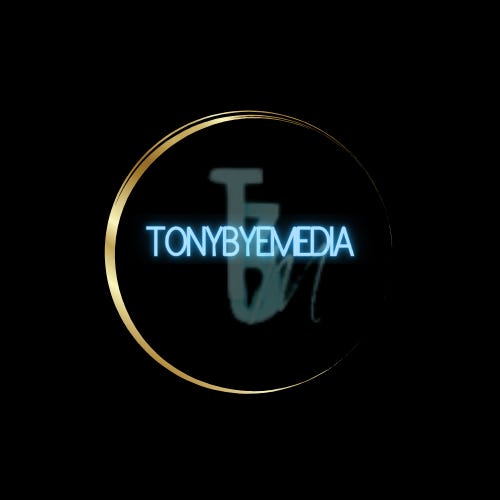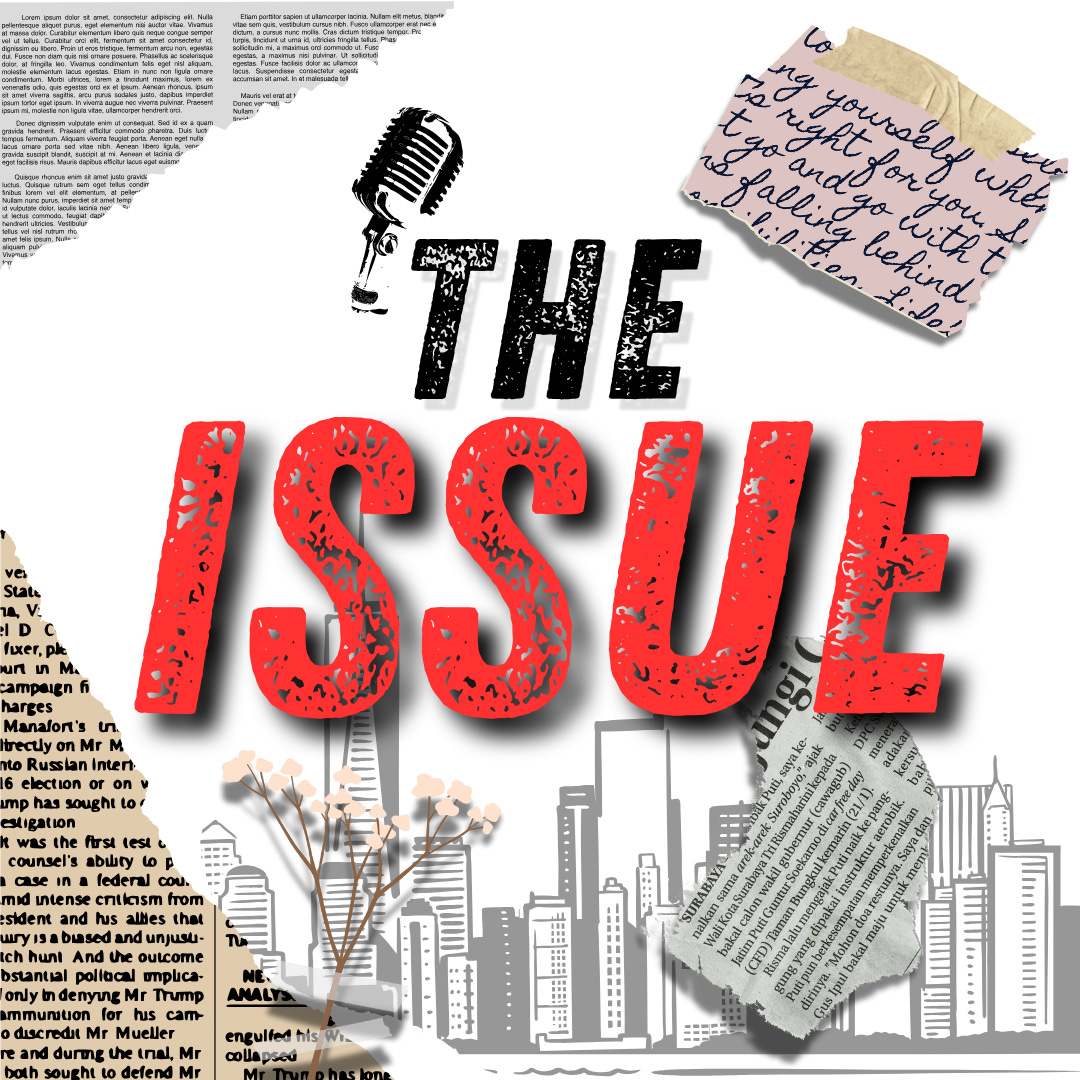Welcome.
I am here to tell stories and inspire change. As a progressive humanist and healthcare professional, I care a great deal about human rights. And am very interested in the relationship between politics and religion. What I read and write primarily centers in one way or another around ideals, culture, sociology, psychology, science (more generally) and philosophy. I sometimes discuss these topics through the lens of movies, TV shows and video games. Other times I discuss them through the lens of current issues. If any of that sounds like it’d tickle your fancy, consider sticking around!
Benefits:
Free Subscribers -
Access to occasional free posts and newsletters
Member chat (free threads)
Paid Subscribers -
Subscriber-only posts and full archive
Post comments and join the community
Subscriber-only chat
Sections:
Tony Bye Media
Exploring narratology in games and cinema through the lens of philosophy and psychology, equipped with an arsenal of research and insight. Articulated with a blend of humor, perspective and a written voice that is uniquely mine. To inspire growth and positive change; to help people gain a better understanding of themselves and of others. To make someone laugh or smile when they’d otherwise go without.
Adding a touch of humor, a whiff of curiosity and a pinch of encouragement to each and every experience for everyone who reads, watches or listens to my content. My content is made with the intent to have an impact, however I can, monstrous or miniscule. Whether that’s through an epiphany, a thought, a laugh or a new way of looking at things.
YouTube - Instagram - Newsletter
The Issue
Writings about current issues we face as a society and as a species.
"A man may die, nations may rise and fall, but an idea lives on." - John F. Kennedy
Anthos Journal of Narratology
Narratives Rule The World.
You are told a story when you come into the world. One of your family’s history, how society functions, the laws of time and space, how the universe came into being; the story of humanity. From the time you begin to form memories to the day you die, those stories never truly leave you. At some point in your life, you start to learn how to challenge those narratives—examine them with evidence, logical reasoning, rationality and critical thought. Though, some people let certain narratives go unchallenged. And that’s what this publication is ultimately about.
All of history is a story, every event is a narrative being told by a narrator; every person involved is a character, every place a setting. Narratives are human constructs usually perceived by the general public to be confined to fiction: Grandiose stories of myth and legend, about wizards and kings of old in far off places, in a time we will never know. But stories are much more than that. When we look at cave drawings, ancient scrolls, Egyptian papyri, oral histories and mythologies—a very different picture of what narratives are is painted. What narratives mean to us as a species comes to light when we learn about science, history, philosophy, politics, economics and even mathematics through stories. And when we read books written by veterans of the World Wars, eighteenth century revolutionaries, ancient philosophers, Roman emperors, the first scientists, and everyday people across regions, cultures and eras. Narratives connect us through time and space. Archetypes seem to be ingrained into human DNA. Narratives can be damaging when wielded by liars, corrupted leaders and malicious people. But they can also be healing when used clinically in psychotherapy, journaling and education.
Have you ever heard there’s two sides to every story? It’s true when two parties tell the same story from two points-of-view. But when we’re talking about tens of parties, hundreds of parties, thousands of parties, or millions of parties each weaving their own version of events—things get complicated fast. The Anthos Journal of Narratology exists to examine, challenge and sometimes work to change narratives that surround us. Narratives that can inspire positive change and growth; elect government leaders; sway public perception; lead to legislation; start worldwide conflicts; end worldwide conflicts; determines the future of our environment; can bring people together and tear them apart. Here, stories rule the world.







